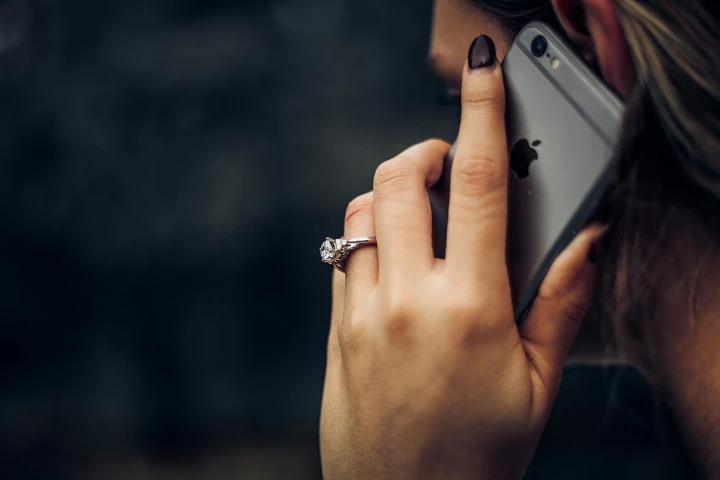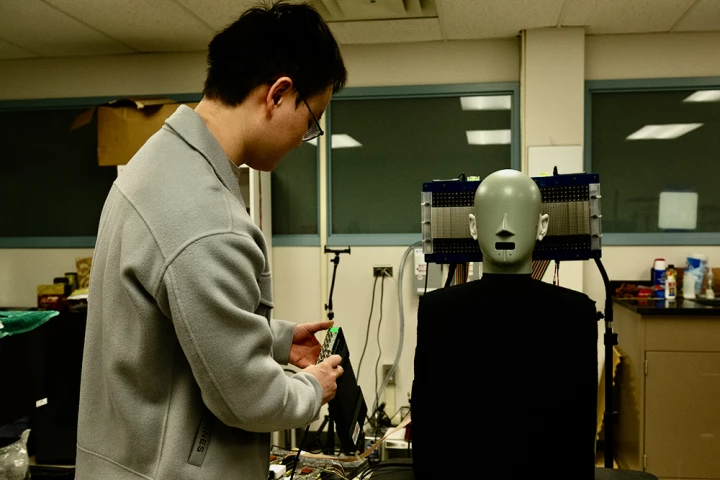Pennsylvania State University
-
A study examining nearly 1,500 river sites in the US between 1980 and 2022 has shown that river heatwaves are happening up to four times faster than air heatwaves and lasting nearly twice as long. The finding has major implications for aquatic life.
-
Large weight swings or weight loss in later life aren’t just physical health risks, they’re tied to fast memory and cognitive decline, a new study has found. It underscores the importance of weight stability for brain health in older adults.
-
A new breath-based sensor from researchers at Penn State could soon offer an easy, pain-free, quick way to diagnose diabetes. The sensor was created through a technique that basically toasts a polymer until it turns into porous graphene.
-
Getting out of earshot to make a private call just got a lot harder. Researchers have shown the vibrations of the earpiece inside your phone can be picked up by a radar sensor from a distance, converted into audio, and transcribed using AI.
-
It may sound like a plot twist out of a science fiction novel, but researchers have detected mysterious radio signals coming from beneath the Antarctic ice that appear to be inconsistent with the standard models of particle physics.
-
Long before the Inka ruled the Andes, the Tiwanaku civilization carved out one of the region’s earliest and most influential societies. Then, about a thousand years ago, it vanished, leaving behind stone ruins and swirling mysteries.
-
Researchers have developed a 3D-printable electrode that looks like a single strand of human hair and measures brain activity more reliably than the current method used to diagnose things like epilepsy and sleep disorders.
-
It's not uncommon for patients to hide their true emotions from their caregivers – or even from their own conscious selves. An experimental new facial "sticker" could help, by detecting and relaying information on its wearer's present state of mind.
-
Imagine being able to listen to music or other audio that no one else can hear, without having to wear headphones. Doing so is now possible via so-called "audible enclaves," which already exist in functional prototype form.
-
Scientists have accidentally discovered a particle that has mass when traveling in one direction, but no mass while moving in a different direction. Known as semi-Dirac fermions, particles with this bizarre behavior were first predicted 16 years ago.
-
Binge-drinking in early adult years fundamentally changes how brain neurons communicate, in what scientists equate to a faulty gas pedal in a car that needs more pressure applied to "go." This type of dysfunction is also seen in Alzheimer's disease.
-
Aliens might be able to detect us from the radio signals we beam to Mars to control our rovers there. Astronomers have now listened in on the nearby TRAPPIST-1 system to check whether aliens are chattering between their own neighboring planets.
Load More











